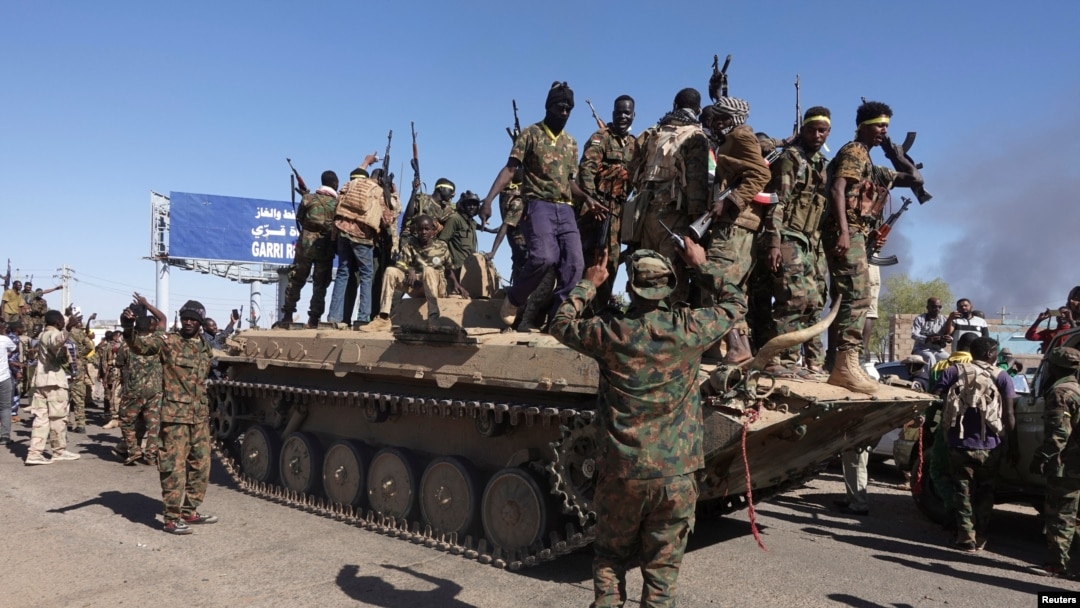Cholera crisis in Khartoum: 70 dead in 48 hours

According to Arab World News, a rapidly escalating cholera outbreak has killed at least 70 people in Sudan’s capital over just two days — 28th to 29th May — as health officials report, underscoring the deepening humanitarian catastrophe as Khartoum reels from war and a near-total breakdown of basic services.
The Health Ministry for Khartoum State confirmed 942 new infections and 25 deaths on 28th May alone, following 1,177 cases and 45 deaths on the 27th, bringing the total to over 2,000 new cases in just 48 hours.
The outbreak comes in the wake of intensified conflict, particularly drone strikes attributed to the paramilitary Rapid Support Forces (RSF), which recently knocked out water and electricity supplies across key districts of the capital. The collapse of these vital services has created ideal conditions for waterborne diseases like cholera to thrive.
Just last week, the army-backed Sudanese government announced it had pushed RSF fighters from their final positions in Khartoum State, two months after reclaiming the city centre. However, much of Greater Khartoum has been left in ruins after nearly two years of brutal urban warfare, with widespread destruction of homes, clinics, and critical infrastructure.
Health authorities are warning of a looming catastrophe, as the cholera outbreak heaps additional pressure on an already buckling healthcare system.
According to Sudan’s federal health ministry, 172 cholera-related deaths were recorded in the week leading up to 27th May, with Khartoum State accounting for 90 percent of those fatalities. Despite this grim toll, recovery rates remain relatively high. “Authorities say 89 percent of patients in isolation centres are recovering, but warn that deteriorating environmental conditions are driving a surge in cases,” reported AFP.
The crisis reflects broader instability gripping Sudan where regional conflicts and governance breakdowns have severely undermined public health systems. In Sudan, the war between the regular army and the RSF has killed tens of thousands and displaced an estimated 13 million people. The United Nations has described the conflict as the world’s worst humanitarian disaster in recent memory.
Health services have borne the brunt of the war. Up to 90 percent of hospitals in the conflict’s main battlegrounds – including much of Khartoum – have been forced out of service due to fighting, looting, or shortages of medical staff and supplies.
As the cholera outbreak worsens, humanitarian agencies are calling for urgent international intervention to restore access to clean water, bolster medical care, and prevent further loss of life.
Arab World News/ Maghrebi.org
Want to chase the pulse of North Africa?
Subscribe to receive our FREE weekly PDF magazine












